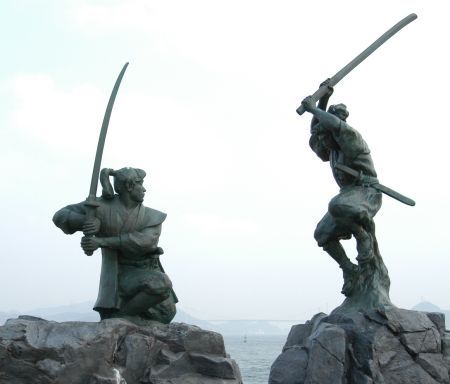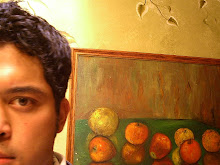
While watching the "Affliction Banned" fights, one thing that the commentators kept saying over and over really stuck with me: Andrei Arlovski changed the way he trains, and he no longer fights to survive but to win.
I think as martial artists, we need to examine this within ourselves. Are you training to merely hold on in a fight and come out alive, or are you training to win? This is important. These days, unless you're in a warzone, you don't train as a matter of life or death. We should remember that the fighting arts that we study, however, originated as matters of life or death, and physical combat is serious no matter if your life is on the line or you're just training for a grappling tournament at the end of the month.
Even as kids, we're taught that winning isn't everything as long as you're having fun. However, no one has fun losing in a fight.
Arlovski won his fight with Ben Rothwell, and it had everything to do with the way he trained.
Train smarter, not harder. Eat right, get good coaching, get to practice and train against people better than you.
Train to win, folks.



